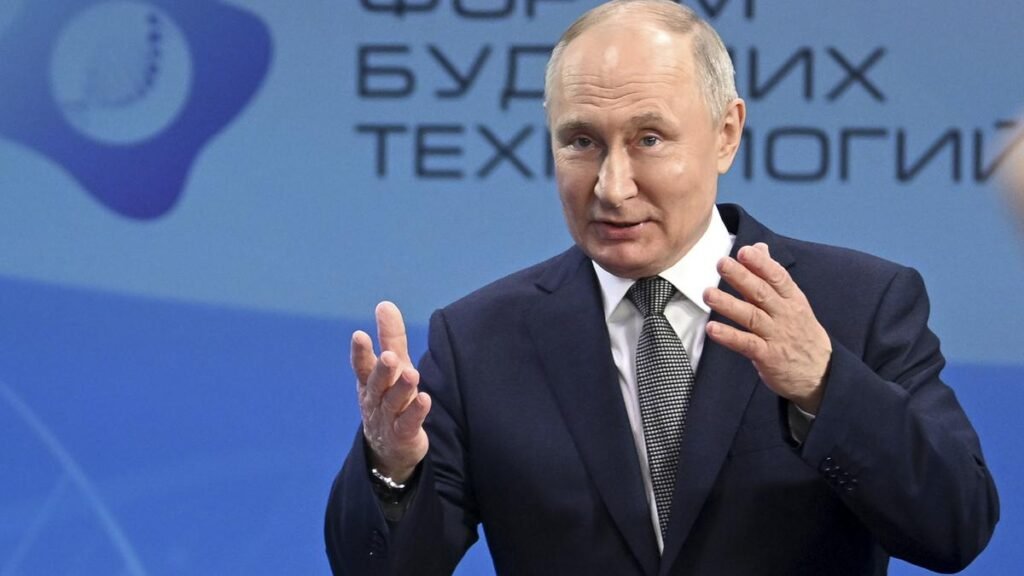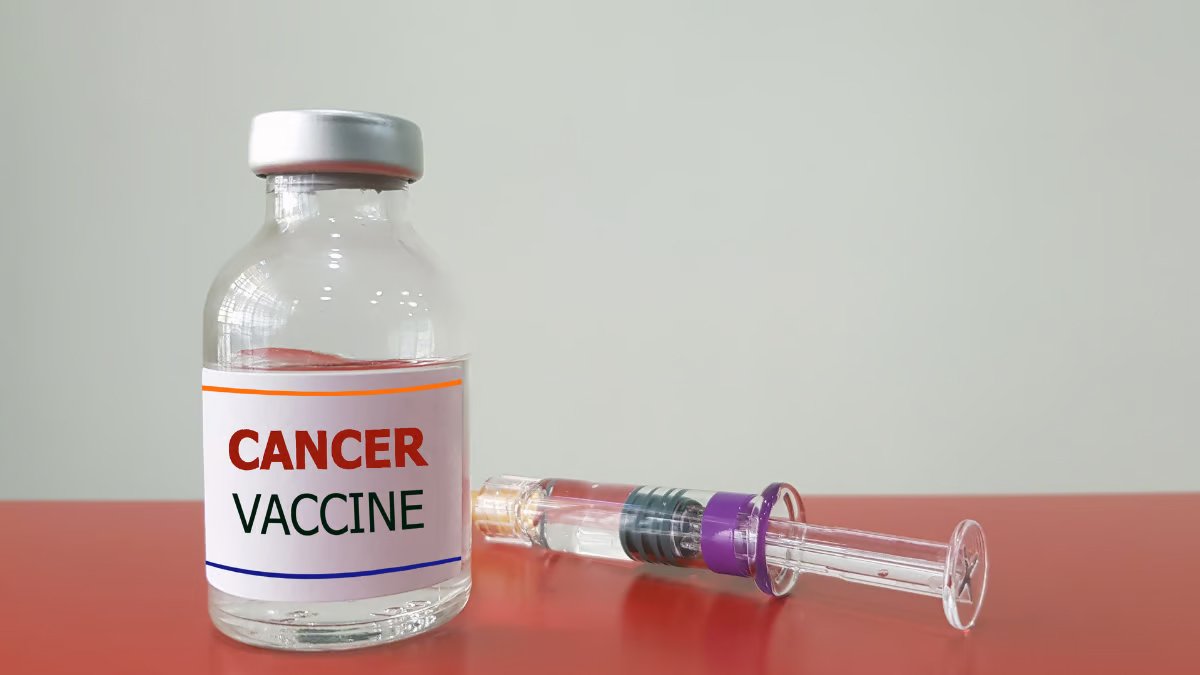The global scientific community has long sought innovative approaches to combating the formidable challenge of cancer. A recent announcement from Russia signifies a potential breakthrough in this field, with the reported development of an mRNA-based cancer vaccine. This novel therapeutic strategy, poised for free public availability by 2025, promises to revolutionize cancer treatment by harnessing the body’s own immune system to fight the disease.
A Novel mRNA Cancer Vaccine Developed in Russia: Implications for Personalized Treatment
Recent reports indicate a significant medical advancement in Russia with the development of an mRNA-based cancer vaccine. This groundbreaking achievement, as announced by Andrey Kaprin, General Director of the Radiology Medical Research Center under the Russian Ministry of Health, during an interview with Radio Rossiya, promises free accessibility to patients by the year 2025.

This innovative vaccine, a product of collaborative research efforts across multiple centers, has demonstrated promising results in pre-clinical trials. As stated by Alexander Gintsburg, Director of the Gamaleya National Research Center for Epidemiology and Microbiology, in an interview with TASS, the vaccine has exhibited the capacity to suppress tumor development and potentially inhibit the spread of metastases.
Mechanism of Action: mRNA Cancer Vaccines
mRNA cancer vaccines function by introducing a specific messenger RNA sequence into the patient’s cells. This mRNA fragment carries genetic instructions for the production of proteins characteristic of cancer cells. This process effectively primes the immune system to recognize and subsequently eliminate these malignant cells, thereby establishing an adaptive immune response specifically targeting the cancerous condition.
In contrast to conventional vaccines that often utilize weakened or inactivated pathogens, mRNA vaccines leverage the inherent cellular machinery of the patient’s body to generate a highly precise and tailored immune response against the specific cancer being treated.
Advancements in Personalized Cancer Vaccines through Artificial Intelligence
Dr. Gintsburg, also recognized as Russia’s vaccine chief, emphasized the potential of artificial intelligence (AI) in significantly accelerating the development of personalized cancer vaccines. He highlighted that the current process of designing customized mRNA sequences involves computationally intensive matrix methods, which can be considerably time-consuming. However, by integrating the expertise of the Ivannikov Institute, which specializes in AI-driven neural network computing, this process can be streamlined, with the estimated duration for vaccine design potentially reduced to within an hour.

Dr. Gintsburg further elaborated on the requisite data for training these AI models. He emphasized the need for an extensive experimental database comprising 40,000 to 50,000 tumor sequences, coupled with precise identification of antigen compatibilities within individual patients. This comprehensive dataset will serve as the foundation for AI algorithms to effectively predict and select the most suitable vaccine combinations for each patient’s unique cancer profile.
Conclusion
The development of an mRNA-based cancer vaccine in Russia represents a significant milestone in the ongoing global pursuit of effective cancer therapies. This innovative approach, with its potential for personalized treatment and free accessibility, offers a beacon of hope for patients and their families. Continued research and development in this area are crucial to fully realize the transformative potential of mRNA technology in the fight against cancer.
















Noodlemagazine Great information shared.. really enjoyed reading this post thank you author for sharing this post .. appreciated